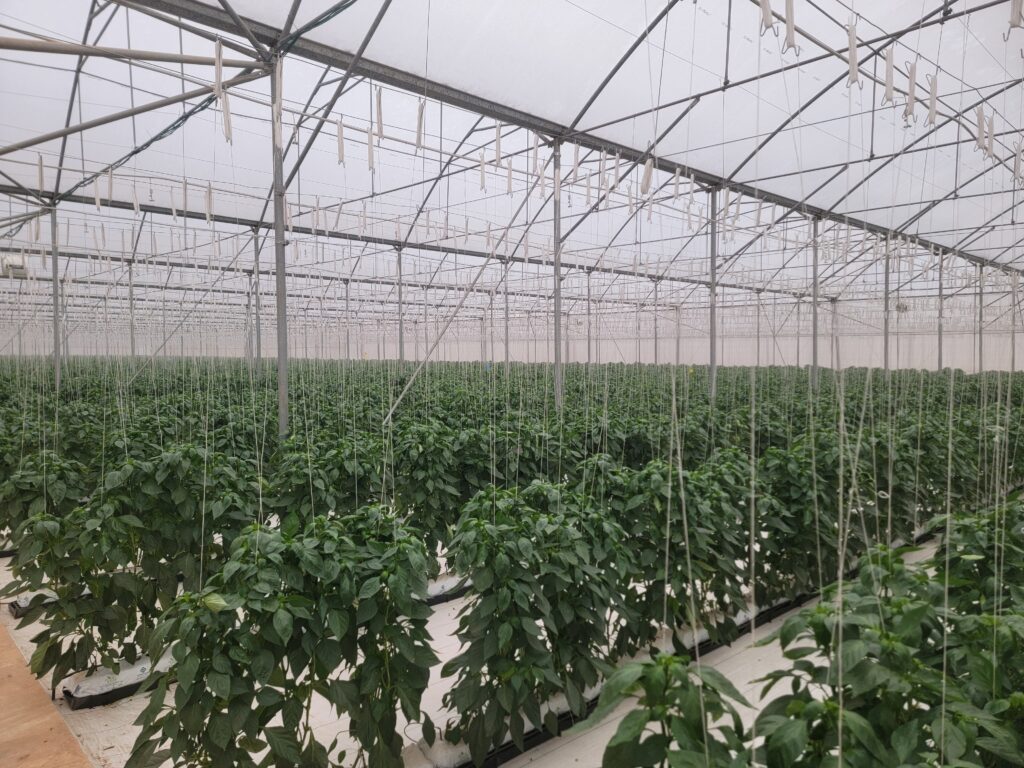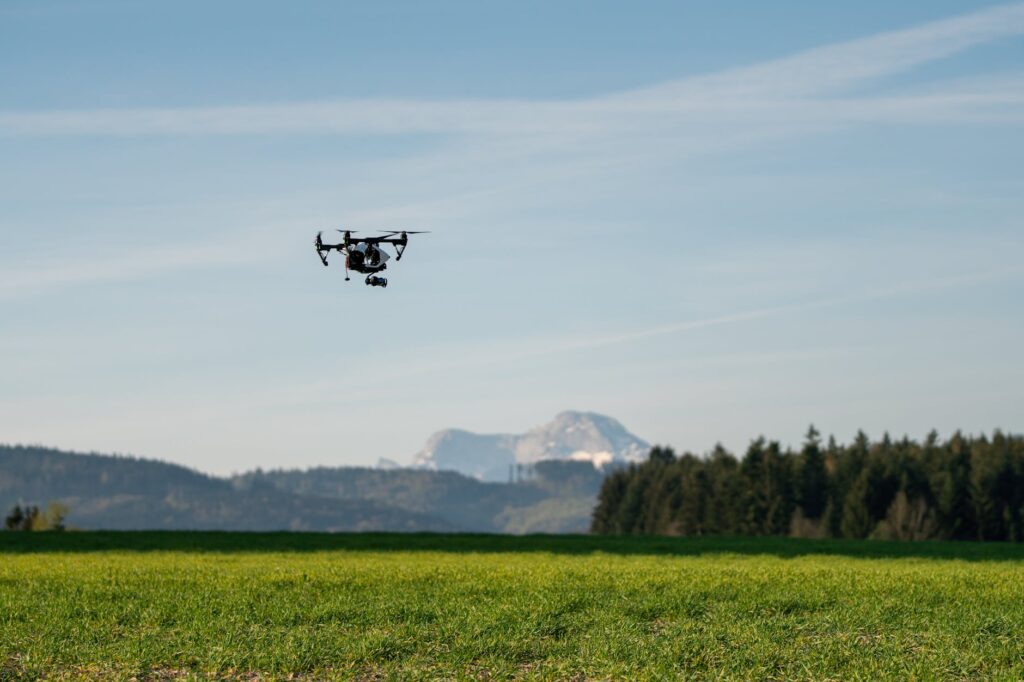In today’s agribusiness landscape, especially across Nigeria and the rest of Africa, reliable power supply is no longer a luxury — it’s a necessity. Whether you’re operating a poultry hatchery, running irrigation systems, preserving perishable produce, or processing agricultural commodities, constant power is the lifeblood of profitability. Unfortunately, consistent access to affordable electricity remains a major challenge, particularly for smallholder farmers and agribusiness SMEs.
The Power Dilemma in African Agribusiness
Nigeria and many African countries are grappling with unreliable national grids. Power outages are frequent, unpredictable, and sometimes prolonged. Even when power is available, the rising cost of electricity and fuel for generators is pushing operating expenses to unsustainable levels. For agribusinesses, this translates to production delays, increased spoilage, loss of investment, and an inability to meet market demands on time.
Consider this: a cold room business relying on national electricity will likely lose thousands of Naira daily if there’s a blackout lasting over 24 hours. A broiler farm running automatic feeders and waterers without power backup will see slower bird growth, higher mortality, and ultimately, reduced profits.
Why Power Supply Is Critical for Agribusiness Success
Electricity impacts every stage of the agricultural value chain:
- Crops production: Powering irrigation pumps, especially in dry seasons, ensures all-year-round farming.
- Livestock Production: Livestock farms need power for water supply systems, lighting, heating (for chicks), and ventilation.
- Post-harvest handling: Cold storage and processing facilities require uninterrupted power to preserve quality and extend shelf life.
- Marketing and distribution: Agro-processors need power for packaging machines and office operations.
Inconsistent or unavailable electricity stalls all of these, making it impossible for agribusinesses to meet consumer expectations or scale operations.
The Way Forward: Alternative Power Sources
To remain competitive and profitable, agribusinesses in Nigeria and across Africa must explore alternative and renewable energy sources that are reliable, cost-effective, and sustainable. Here are some top options:
1. Solar Power
Solar energy is one of the most promising alternatives, especially given Africa’s abundant sunlight. Modern solar solutions can power irrigation systems, boreholes, incubators, and cold rooms.
- Advantages: Low operational cost, scalable, environmentally friendly.
- Example: Many poultry farmers in Southern Nigeria now use solar-powered lighting and fans in their pens, saving on diesel and generator maintenance costs.
Tip for SMEs: Start with a solar hybrid system — a basic setup with panels, batteries, and inverters. It’s an upfront investment but offers long-term savings.
2. Biogas Technology
Biogas systems use animal and organic waste to generate gas for electricity and cooking.
- Advantages: Converts waste into energy, reduces farm pollution, and provides a dual benefit of power and organic fertilizer.
- Example: Harmony Farms -A cattle, sheep and goat farm in Ogun state, Nigeria generates power using cow dung, which supports milk storage and lighting for night operations.
Tip for Livestock Farmers: Use waste from piggery, poultry, or cattle farms to build a small-scale biogas digester. With expert help, it can be a game changer.
3. Wind Energy
In areas with strong wind currents, wind turbines can generate electricity to power farm equipment and storage facilities.
- Advantages: Clean energy source, minimal environmental impact.
- Challenge: Not suitable for all locations — works best in coastal or open flat terrains.
Tip for Larger Farms: Combine wind energy with solar systems to create a hybrid off-grid solution.
4. Mini-Grids and Community Energy Solutions
Some rural communities and agribusiness clusters can invest in mini-grids — small, locally operated energy systems that use solar, biomass, or even hydro sources.
- Example: In parts of rural Ghana, solar mini-grids power rice mills, cassava processors, and irrigation systems.
Tip for Cooperatives: Form agribusiness clusters and partner with renewable energy developers to reduce costs and attract development funding.
How Smallholders and SMEs Can Navigate Power Challenges
To overcome power-related hurdles, small-scale farmers and agripreneurs can adopt the following practical steps:
- Energy Audits: Assess your current power needs and wastage. Eliminate inefficient appliances and invest in energy-saving devices like LED bulbs and low-energy pumps.
- Collaborate: Form cooperatives or associations that can pool resources for shared energy infrastructure (e.g., solar drying facilities or cold rooms).
- Leverage Government and Donor Programs: Agencies like the Rural Electrification Agency (REA) in Nigeria, as well as international NGOs, offer support for renewable energy adoption in rural communities.
- Access Green Financing: Apply for grants or loans tailored for renewable energy in agriculture. Some microfinance institutions and banks now support such innovations through flexible repayment schemes.
- Training and Capacity Building: Learn the basics of alternative energy management. Train staff on how to maintain solar systems or biogas units.
Conclusion
Power is non-negotiable in modern agribusiness. But the lack of affordable and stable electricity across Nigeria and Africa need not spell doom. With strategic planning and adoption of alternative energy solutions, farmers — especially smallholders and SMEs — can slash costs, improve productivity, and thrive in an increasingly competitive market.
The future of African agriculture is powered by innovation, and tapping into renewable energy is not just smart — it’s essential.
If you found this article helpful, don’t forget to like, leave a comment, and share your thoughts or experiences with power solutions on your farm. We love hearing from you! Also, subscribe to agribusinessspace.com so you never miss out on more practical tips, case studies, and expert insights to grow your agribusiness. Let’s build Africa’s food future together!

